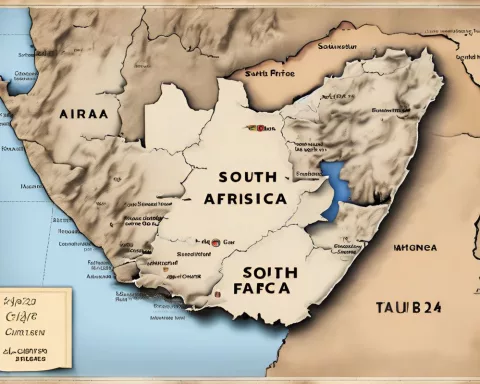The Crime Prevention Wardens (CPWs) initiative by the Gauteng Provincial Government is a significant step towards creating secure communities and eradicating crime. Due to the high number of applicants, the selection process was rigorous and aimed to identify the best candidates for the job. The CPWs will be responsible for ensuring police visibility at the ward level, which is essential in preventing and combating crime.
Using e-Policing Solutions
The CPWs will use e-Policing solutions such as drones and helicopters to eliminate criminal elements in Gauteng communities. Their primary focus will be on the 361 wards in the Township Informal Settlements (TISH) areas, where crime is prevalent. The CPWs will work closely with Community Patrollers to educate the public about ward-based policing. Partnerships with schools across the province will also help address criminal elements in and outside of learning premises.
Eradicating Lawlessness
The CPWs will focus on eradicating lawlessness, including illegal land occupation that often leads to damage to state infrastructure. The Gauteng Department of Infrastructure Development and Human Settlements will work collaboratively with the CPWs to resolve land invasion challenges.
Multi-Sectoral Approach
The Gauteng Provincial Government advocates a multi-sectoral approach involving the police, private sector, and members of the community. The success of the CPWs initiative relies on the cooperation of all stakeholders. Members of the community are encouraged to report all elements of crime.
Conclusion
The CPWs initiative is a collaborative effort to fight crime, lawlessness, and vandalism in Gauteng Province. Their deployment will increase police visibility at the ward level and strengthen existing law enforcement officials in the fight against crime. The Gauteng Provincial Government is committed to utilizing all available resources to tackle crime in the province. By working together, safe and secure communities can be ensured for all.












